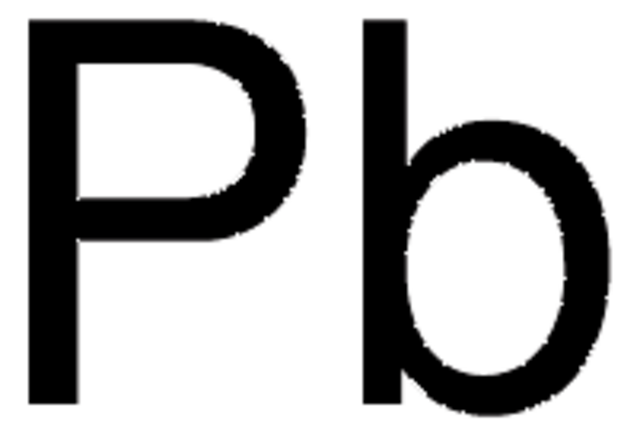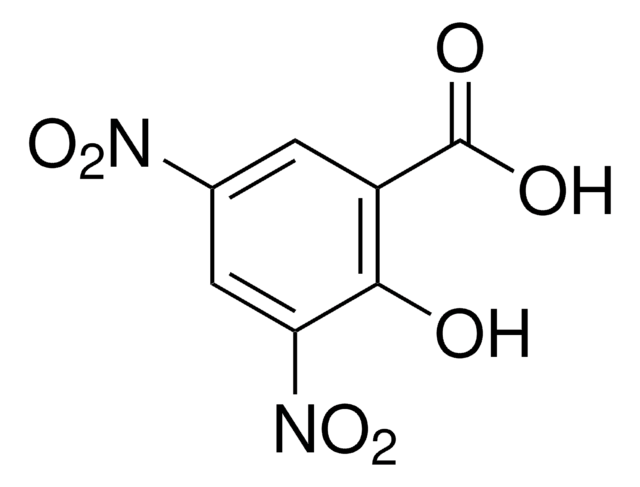289140
Cadmium carbonate
powder, 98%
Synonyme(s) :
Otavite
About This Item
Produits recommandés
Niveau de qualité
Pureté
98%
Forme
powder
Pertinence de la réaction
reagent type: catalyst
core: cadmium
Pf
500 °C (lit.)
Solubilité
H2O: insoluble(lit.)
aqueous acid: slightly soluble(lit.)
Densité
4.258 g/mL at 25 °C (lit.)
Chaîne SMILES
[Cd++].[O-]C([O-])=O
InChI
1S/CH2O3.Cd/c2-1(3)4;/h(H2,2,3,4);/q;+2/p-2
Clé InChI
GKDXQAKPHKQZSC-UHFFFAOYSA-L
Vous recherchez des produits similaires ? Visite Guide de comparaison des produits
Mention d'avertissement
Danger
Mentions de danger
Conseils de prudence
Classification des risques
Acute Tox. 2 Inhalation - Acute Tox. 4 Dermal - Acute Tox. 4 Oral - Aquatic Acute 1 - Aquatic Chronic 1 - Carc. 1B - Muta. 1B - Repr. 2 - STOT RE 1
Organes cibles
Lungs,Kidney,Bone
Code de la classe de stockage
6.1B - Non-combustible acute toxic Cat. 1 and 2 / very toxic hazardous materials
Classe de danger pour l'eau (WGK)
WGK 3
Point d'éclair (°F)
Not applicable
Point d'éclair (°C)
Not applicable
Équipement de protection individuelle
Eyeshields, Gloves, type N95 (US)
Faites votre choix parmi les versions les plus récentes :
Déjà en possession de ce produit ?
Retrouvez la documentation relative aux produits que vous avez récemment achetés dans la Bibliothèque de documents.
Les clients ont également consulté
Articles
Nanostructured Materials Through Ultrasonic Spray Pyrolysis
Nanostructured Materials Through Ultrasonic Spray Pyrolysis
Colloidal quantum dots (CQDs) are semiconducting crystals of only a few nanometers (ca. 2–12 nm) coated with ligand/surfactant molecules to help prevent agglomeration.
Notre équipe de scientifiques dispose d'une expérience dans tous les secteurs de la recherche, notamment en sciences de la vie, science des matériaux, synthèse chimique, chromatographie, analyse et dans de nombreux autres domaines..
Contacter notre Service technique













